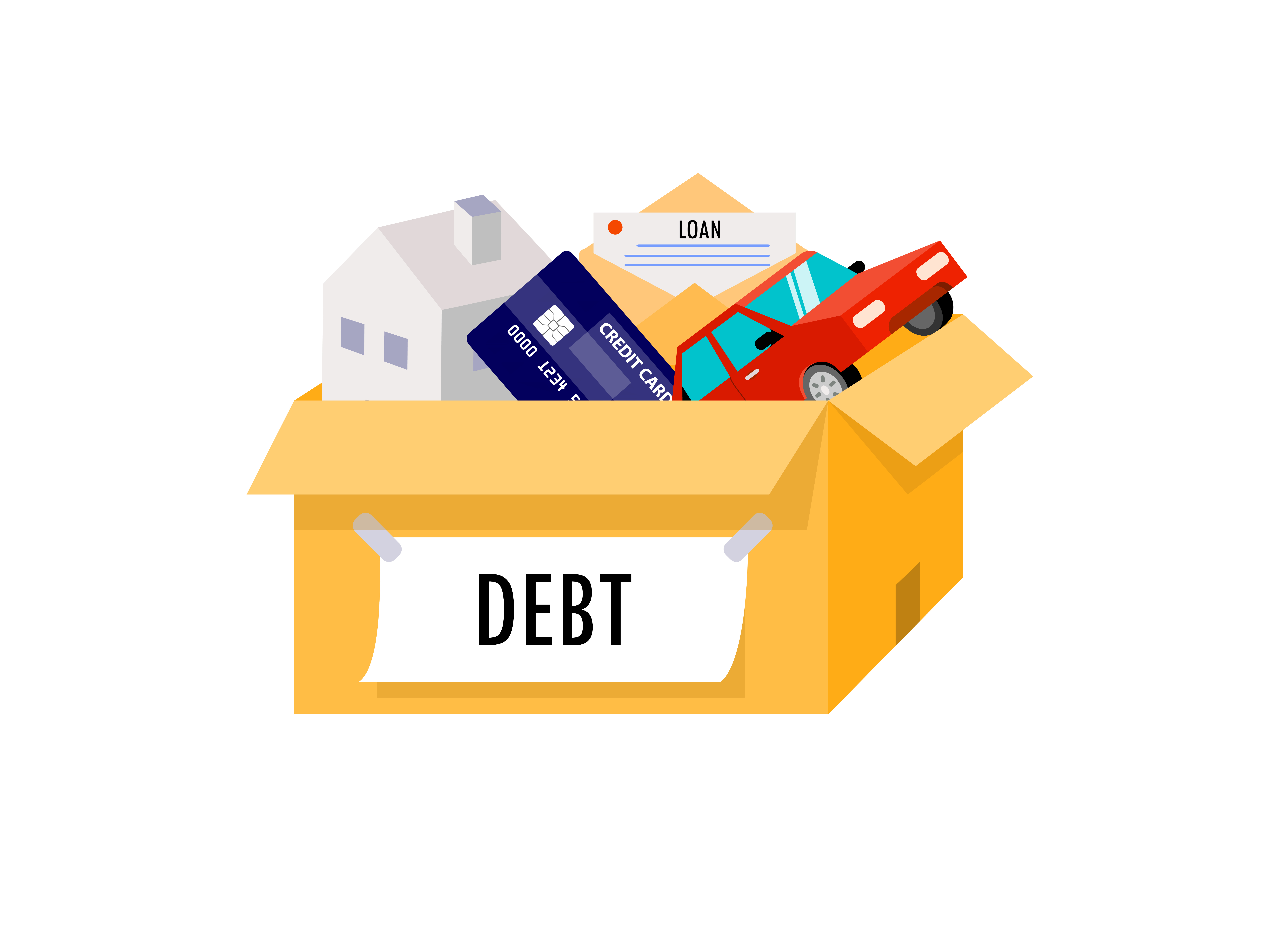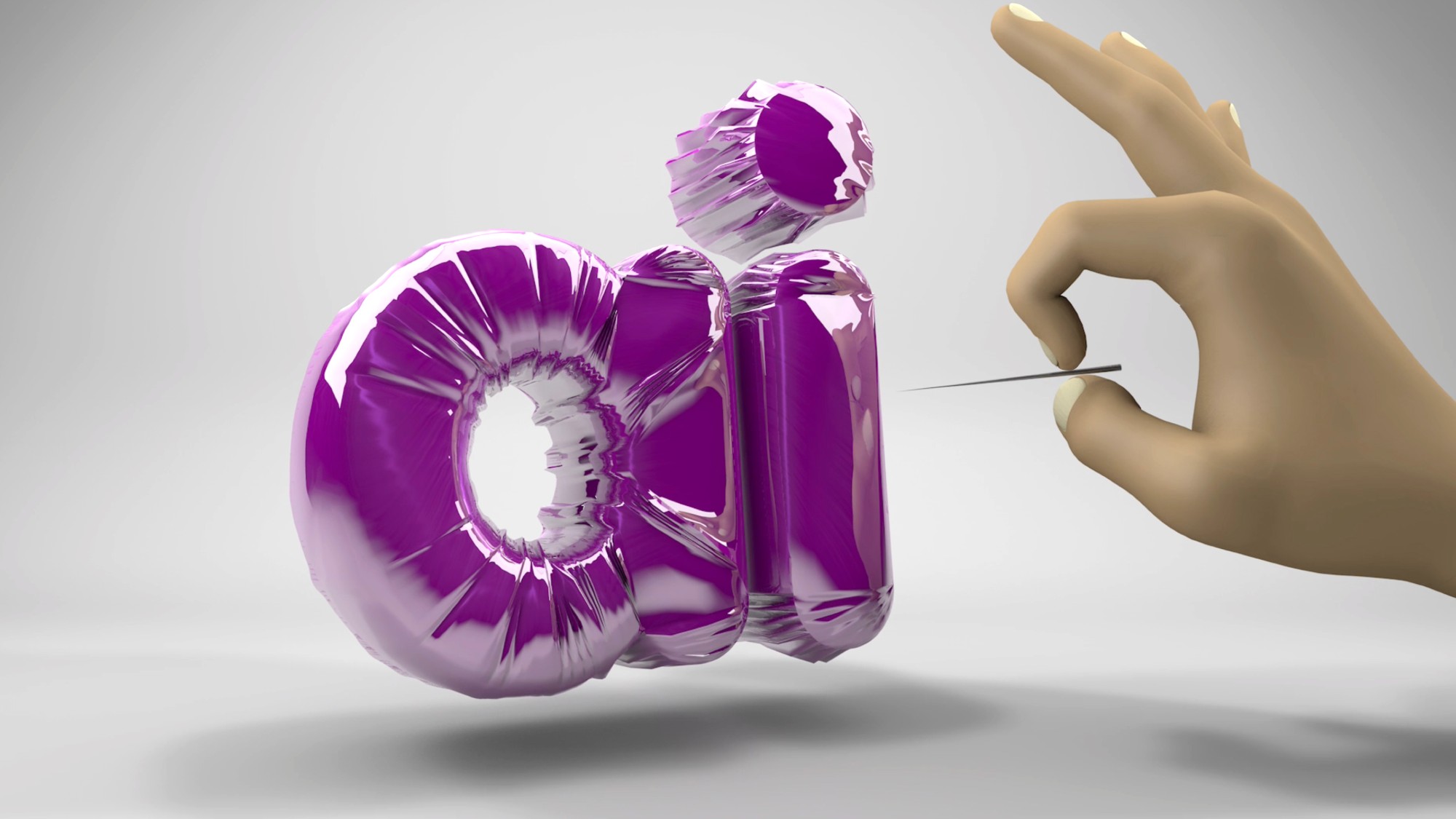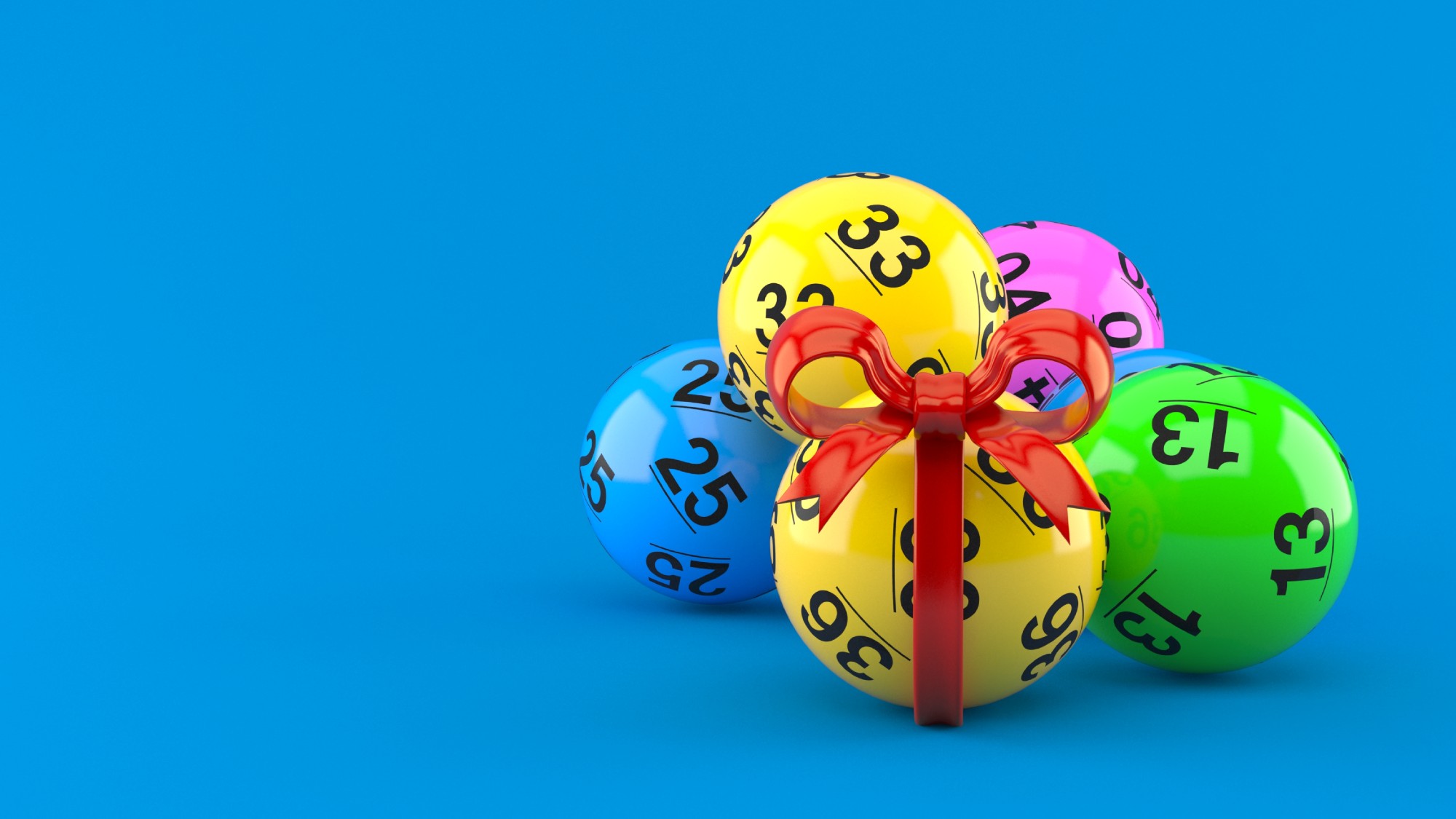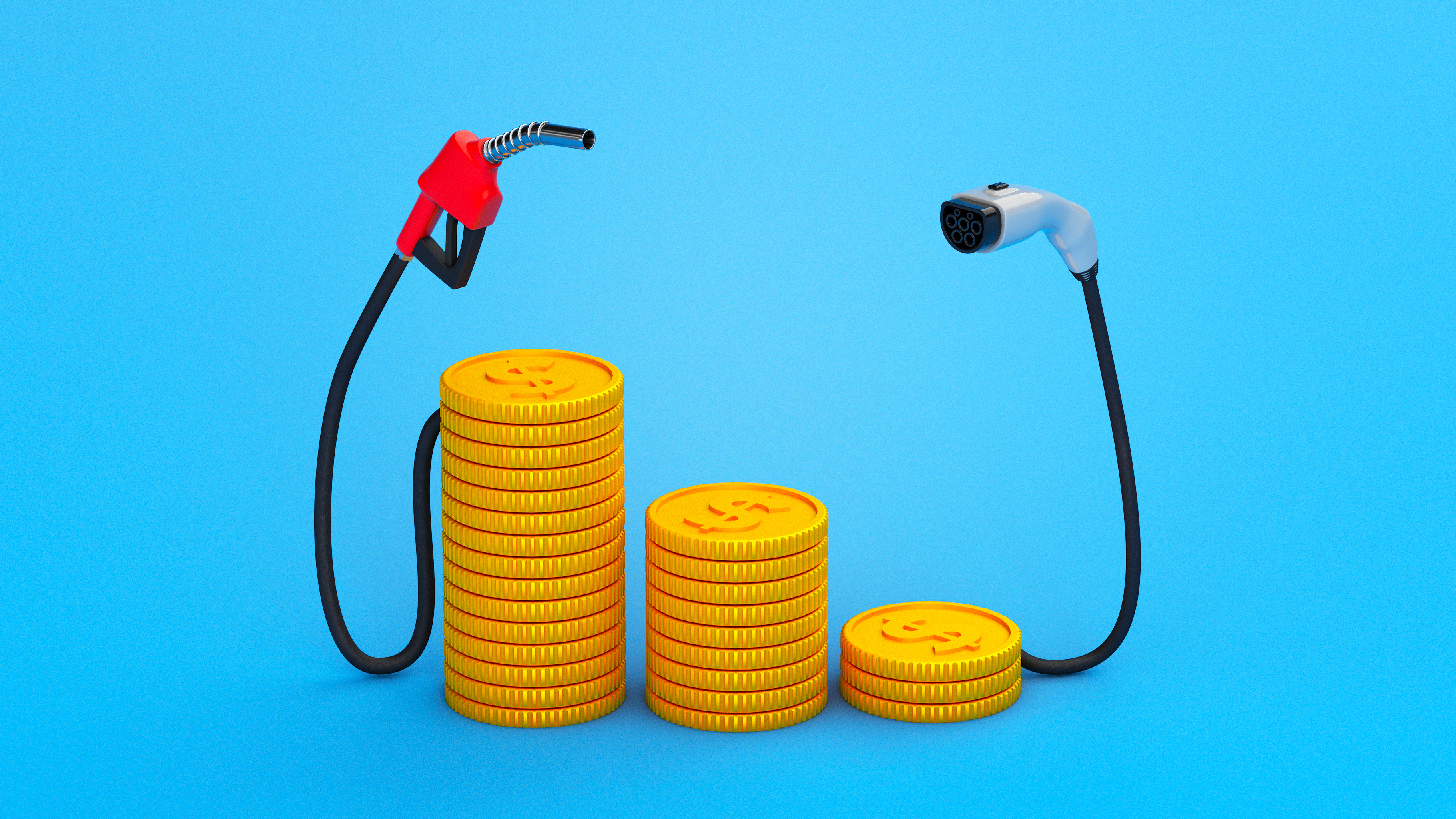Good debt vs. bad debt
Sometimes taking on debt can actually make good financial sense


A free daily email with the biggest news stories of the day – and the best features from TheWeek.com
You are now subscribed
Your newsletter sign-up was successful

Debt may get a bad rap, but the reality is, it's not all bad. Sure, the ideal financial situation may involve being totally debt free, but in certain instances and under certain circumstances, taking on debt can actually make good financial sense. This is why, in the world of finance, some debt is known as "good" debt, while other money owed is perceived as "bad" debt.
Good debt vs. bad debt
Good debt is "low-interest debt that helps you increase your income or net worth are examples of good debt," Nerdwallet explained. Just how low should that interest rate be for it to fall under the category of good debt? It's usually an interest or annual percentage rate (APR) "under 6%," per Fidelity.
However, "too much of any kind of debt — no matter the opportunity it might create — can turn it into bad debt," Nerdwallet warned.
The Week
Escape your echo chamber. Get the facts behind the news, plus analysis from multiple perspectives.

Sign up for The Week's Free Newsletters
From our morning news briefing to a weekly Good News Newsletter, get the best of The Week delivered directly to your inbox.
From our morning news briefing to a weekly Good News Newsletter, get the best of The Week delivered directly to your inbox.
Bad debt is "debt that you are unable to repay" or "debt used to finance something that doesn't provide a return for the investment," explained credit bureau Equifax. Debt could become bad if it's too large a debt in comparison to your overall income (your debt-to-income ratio) or compared to the total credit available to you (your debt-to-credit ratio), as both could have a negative impact on your credit score and/or your eligibility for future borrowing.
What's considered good debt?
It's not always black and white when it comes to distinguishing between good debt and bad debt. Medical debt, for example, falls in a bit of a gray area, as it's "an expense that's largely uncontrollable and often doesn't have an interest rate," Nerdwallet said.
These types of debt often fall into the category of debt that's considered good:
- Student loans: Student loans fall under the category of good debt because, generally speaking, "a college degree can significantly boost a graduate's lifetime wages," according to Kiplinger. Some student loans "have lower interest rates compared to other loan types, and the interest may also be tax-deductible," Equifax added. Just remember that if you're not repaying a loan or the interest on your student loans starts ballooning, it can tip over into the category of bad debt.
- Home or real estate loans: Mortgages as well as home equity loans and home equity lines of credit (HELOCs) can also be considered good debt. With a mortgage, you're building equity through moving closer to home ownership. There's also the potential that your home's value will have increased by the time you go to sell. Meanwhile, home equity loans and HELOCs allow you to borrow against your home equity. You can use those funds for "long-term financial gain," Kiplinger said, such as to "upgrade a home, buy another property or pay off higher-interest debt." Again, though, careful debt management is key.
- Car loans: The category of auto loans is a bit squishy, as they can easily tip over into bad debt depending on the loan's terms, Equifax said. For instance, some may have a high interest rate if you have a low credit score. That said, "an auto loan can also be good debt, as owning a car can put you in a better position to get or keep a job, which results in earning potential," Equifax said.
What is 'bad' debt?
Here's a look at what types of debt are generally considered bad:
A free daily email with the biggest news stories of the day – and the best features from TheWeek.com
- Credit cards: "Credit cards allow you to spend money you don't have and carry hefty interest rates," said Kiplinger. Leaning on a credit card can become especially problematic if the card has a particularly steep interest rate, since interest can quickly begin to balloon with any remaining balance that rolls over from month to month. As such, Kiplinger recommended only using credit cards if you're confident you can pay off your balance in full each and every month.
- Personal loans for "discretionary purchases": Personal loans can be fine, but it depends on what interest rate they offer, and what you're using the funds for. Personal loans "can be a good option if you have a specific goal in mind, such as consolidating debt," Nerdwallet explained, whereas it's not so good if you're taking one out for "discretionary purchases," such as funding a vacation, a shopping spree, or even an over-budget wedding.
- Payday loans: Payday loans are one type of debt that will always fall into the "bad" category. They usually carry interest rates that are shockingly steep — this can be as high as 300%, according to Nerdwallet. Further, their due dates arrive fast, usually by your next paycheck, hence the name. This can make it very challenging to repay the debt in full and on time, which can easily drag you down into a debt cycle.
How can you keep your debt under control?
Savvy debt management is key to preventing a good debt from turning bad. Here are some tips that Kiplinger offered to keep your debt under control:
- Have a plan for paying off any high-interest debt you take on.
- Before taking on any debt, consider whether it will help or hurt your financial situation.
- Aim to keep your debt-to-income ratio under 35% to make sure you'll have enough money to cover any debt you assume.
- Pay off your credit card in full each and every month by the due date.
- Set up autopay to avoid late payments.
- Keep track of your loan balances and terms.
- Take advantage of refinancing when it's an option to lower your interest rate.
Becca Stanek has worked as an editor and writer in the personal finance space since 2017. She has previously served as the managing editor for investing and savings content at LendingTree, an editor at SmartAsset and a staff writer for The Week. This article is in part based on information first published on The Week's sister site, Kiplinger.com
New Tax Rules for 2023: Download your free issue of The Kiplinger Tax Letter today. No information is required from you.
Becca Stanek has worked as an editor and writer in the personal finance space since 2017. She previously served as a deputy editor and later a managing editor overseeing investing and savings content at LendingTree and as an editor at the financial startup SmartAsset, where she focused on retirement- and financial-adviser-related content. Before that, Becca was a staff writer at The Week, primarily contributing to Speed Reads.
-
 Political cartoons for February 13
Political cartoons for February 13Cartoons Friday's political cartoons include rank hypocrisy, name-dropping Trump, and EPA repeals
-
 Palantir's growing influence in the British state
Palantir's growing influence in the British stateThe Explainer Despite winning a £240m MoD contract, the tech company’s links to Peter Mandelson and the UK’s over-reliance on US tech have caused widespread concern
-
 Quiz of The Week: 7 – 13 February
Quiz of The Week: 7 – 13 FebruaryQuiz Have you been paying attention to The Week’s news?
-
 How your household budget could look in 2026
How your household budget could look in 2026The Explainer The government is trying to balance the nation’s books but energy bills and the cost of food could impact your finances
-
 What is a bubble? Understanding the financial term.
What is a bubble? Understanding the financial term.the explainer An AI bubble burst could be looming
-
 The FIRE movement catches on as people want to retire early
The FIRE movement catches on as people want to retire earlyIn the spotlight Many are taking steps to leave the workforce sooner than usual
-
 Who wants to be a millionaire? The dark side of lottery wins
Who wants to be a millionaire? The dark side of lottery winsIn The Spotlight Is hitting the jackpot a dream come true or actually a nightmare?
-
 How can you find a financial adviser you trust?
How can you find a financial adviser you trust?the explainer Four ways to detect professionals who will act in your best interest
-
 What should you consider when choosing a financial adviser?
What should you consider when choosing a financial adviser?The Explainer The right person can be a big help with financial planning, investing, taxes and more
-
 What Biden's IRA means for EV tax credits: 2024 updates
What Biden's IRA means for EV tax credits: 2024 updatesThe Explainer Which cars are eligible and how much money can owners save?
-
 How to ensure you don't outlive your retirement savings
How to ensure you don't outlive your retirement savingsThe Explainer Your golden years should be enjoyed. Don't let finances get in the way.
